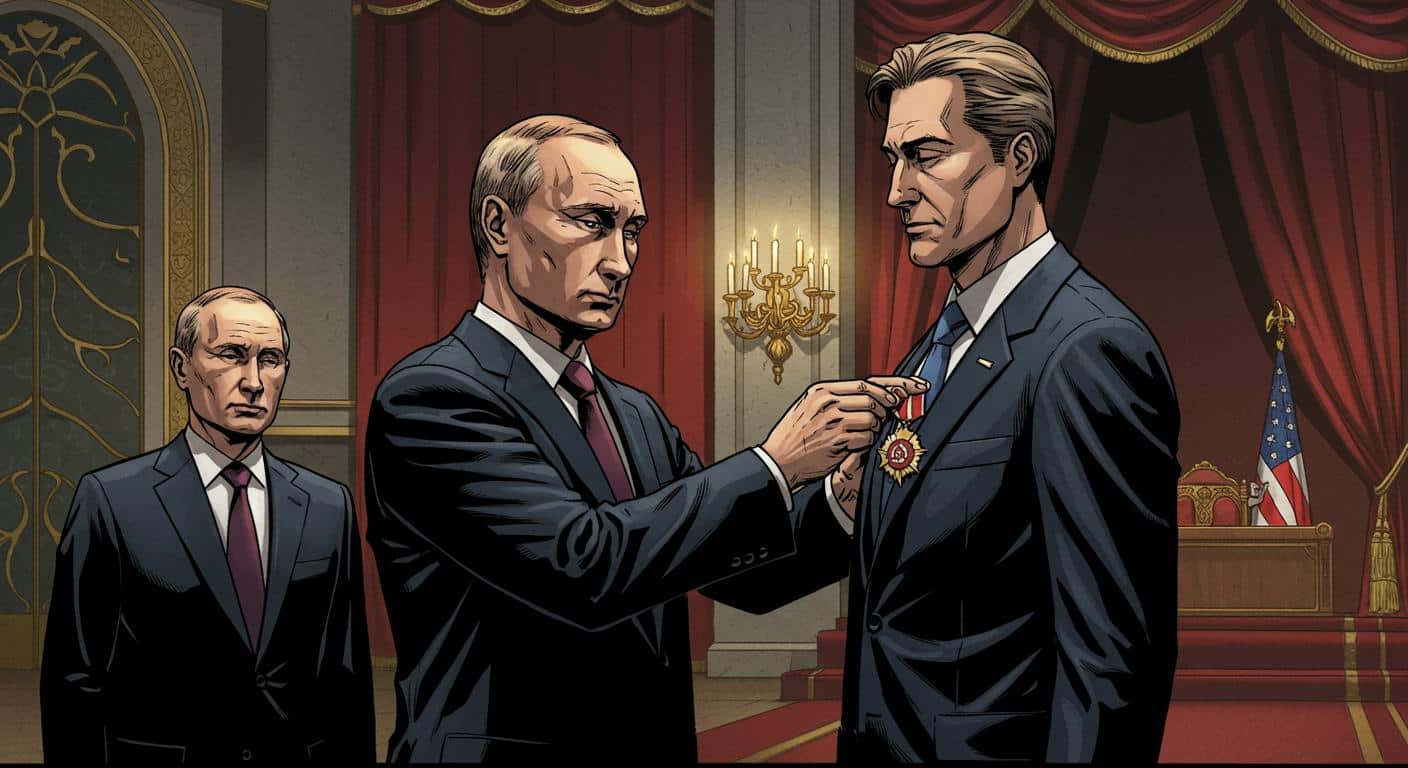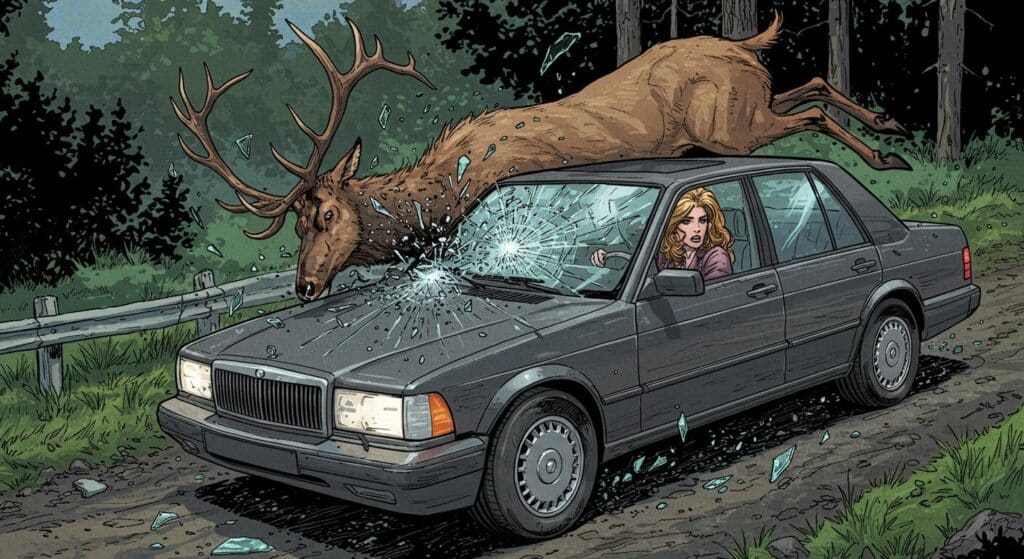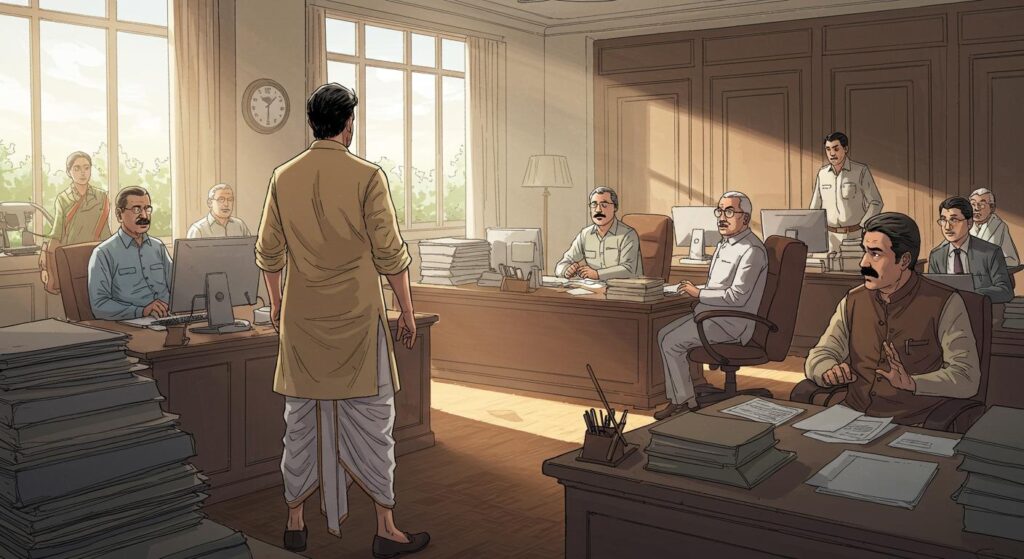If family gatherings sometimes feel tense, spare a thought for the latest story out of Moscow: Vladimir Putin has just posthumously awarded the Order of Lenin—one of Russia’s most storied honors—to the son of a current CIA deputy director. As detailed in The Spectator Australia, this is not the premise for a new spy thriller, but the reality for Michael Alexander Gloss, a 21-year-old American who died fighting with Russian forces against Ukraine. Adding to the intrigue, his mother, Juliane Gallina, leads digital innovation at the CIA.
A Medal with History—and Baggage
According to The Spectator, the Order of Lenin carries a legacy stretching back to 1930, placing its recipients in company with the likes of Enver Hoxha, Erich Honecker, Ho Chi Minh, and the notorious British double agent Kim Philby. The award has even made a cameo in a James Bond film. That’s not the sort of recognition you typically expect when paging through American family albums.
The Spectator reports that Putin handed the medal to Steve Witkoff, President Trump’s special envoy, with the stated intention that it be delivered to Gloss’s family. The layers here are apparent: a gesture loaded with symbolism, commemoration, and, perhaps, more than a little sharp-edged showmanship directed at the CIA—especially given Putin’s well-documented appetite for dramatic international gestures. The outlet also notes Putin’s penchant for personalizing geopolitical rivalries, recalling how he once needled Tucker Carlson over his failed CIA application.
Describing Gloss’s path, The Spectator portrays a young Virginian who, radicalized during his formative years, embraced causes both Palestinian and Russian before enlisting in the Russian army in 2023. The article raises the possibility that his motivations were as much about obtaining a Russian passport as about ideological zeal, but whatever his reasons, his deployment to the Ukrainian front led to a swift and fatal outcome.
Proxy Props and Political Subplots
All this unfolds, as The Spectator underlines, at a time when Trump is reportedly seeking a new summit with Moscow. The outlet contends that the medal is, in part, a pointed diplomatic maneuver—part tribute, part provocation. Offering the Order of Lenin to the offspring of a senior US intelligence official is, to paraphrase The Spectator’s analysis, an act as much about spectacle as it is about individual recognition.
The award’s presentation also arrives alongside reports of a fresh Kremlin peace proposal. The Spectator describes Putin’s plan as predictably ambiguous: a ceasefire for Eastern Ukraine that would cement Russia’s territorial gains while requiring little in terms of meaningful concessions. The sense from the reporting is that this personal episode—an American’s fatal detour into Russian service—mirrors the larger, ongoing diplomatic pattern: gestures loaded with layered motivation, both personal and geopolitical.
Does the award chiefly highlight one young man’s strange, tragic trajectory, or is it, as The Spectator suggests, emblematic of a world where national loyalties and global conflicts increasingly play out in unexpected, uncomfortably intimate ways?
Reflection: When Politics Become Personal
There is a certain dry irony in seeing a CIA official’s son posthumously decorated by Russia, alongside names with such contradictory legacies. Based on The Spectator’s account, it’s hard not to imagine the reactions this must provoke around both the family dinner table and the broader intelligence community.
Is Michael Gloss’s story simply an outlier in a turbulent era, or does it foreshadow other, still stranger headlines? The answer may remain open, but for now, it is a vivid reminder that the boundary between private life and the spectacle of geopolitics is rarely as solid as it seems. Awkward, yes—but also unsettlingly real.







